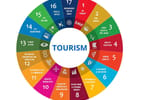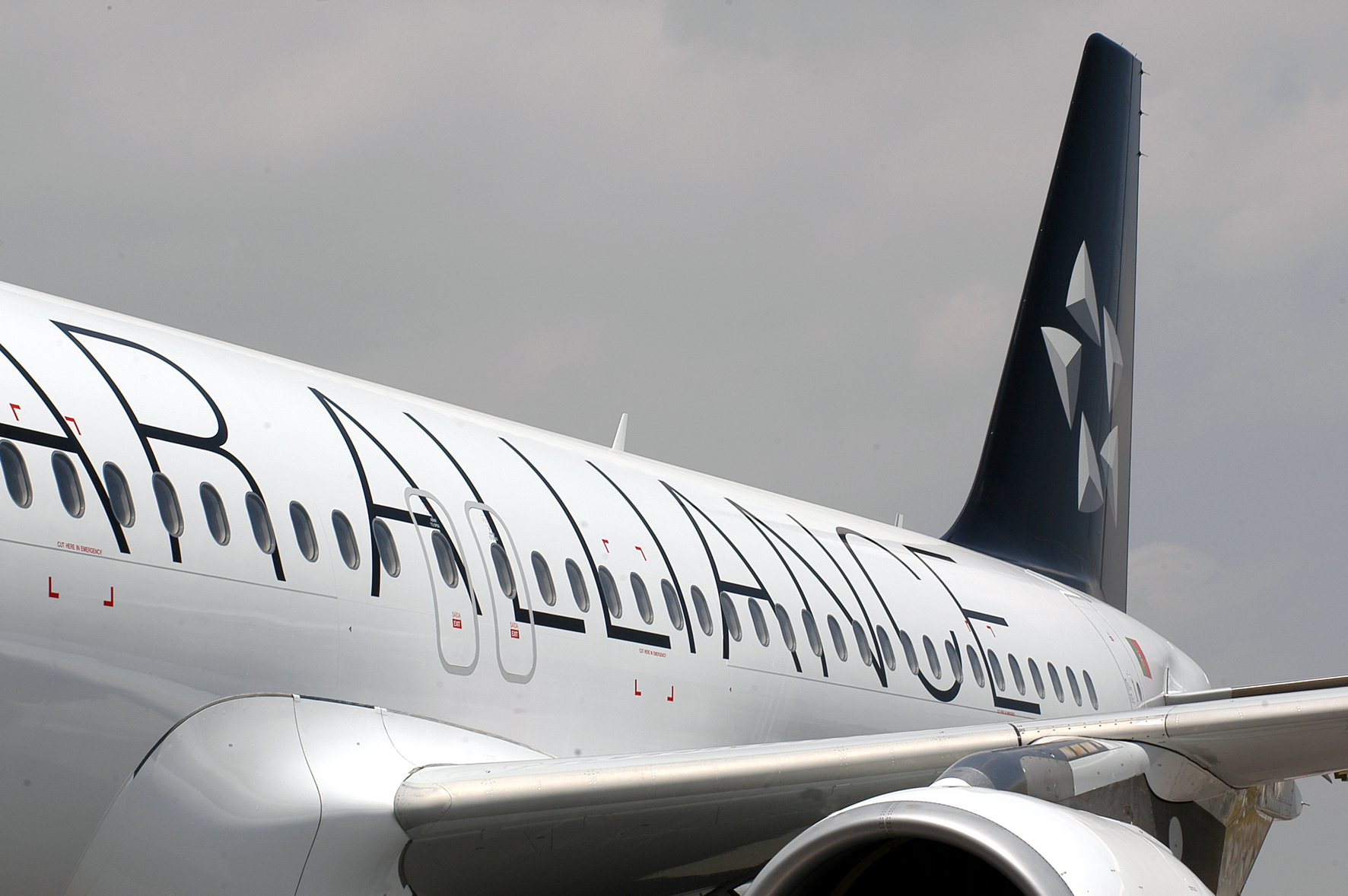- The overall situation from an airline perspective in Africa at this time.
- African airlines did not have the opportunity to look for support from their government in terms of bailout money due to COVID-19.
- Building on more than airline passenger traffic to stem the tide and fund the budget.
Peter Harbison of CAPA Live, spoke with Tewolde Gebremariam, CEO of Ethiopian Airlines, in Addis Ababa to discuss the future of Africa aviation. Following is the transcript of that informative discussion.
Peter Harbison:
Well, it’s been a long time and a lot of things have happened in the meantime. Not all of them good. But hopefully we can end on some positive notes with this. Tell me, Tewolde, to start with, from your perspective sitting in the North of Africa hub, really a major hub between most of Africa and the rest of the world, really, but certainly Europe and Asia, what’s the overall situation from an airline perspective in Africa at the moment? In terms of the way the Coronavirus has affected you.
Tewolde Gebremariam:
Thank you, Peter. I think before, as you very well know, we have been following the industry for many years now. So, the industry in Africa, the [inaudible 00:02:05] in Africa was not in a good shape even before COVID. This is an industry which has been losing money, especially the airline industry, losing money for I would say six, seven years in a row. So, airlines were not in their best position when they caught this global pandemic crisis. It is an industry which was caught in a very bad shape. Then even the COVID has affected African airline industry much more and much worse than the rest of the airline industry and the rest of the world. For a few reasons.
Number one, I would say that African countries have taken extreme measures in terms of closing borders. So almost every African country has closed its borders, and that has stayed also for too long. I would say between March and September. So that has affected African airlines because almost all African airlines were grounded for that long period. So especially the fact that we missed the summer peak means a lot in terms of not able to support the airline’s operations in the continent. The other reason is, on the other hand, as you know, the amount of coronavirus in Africa is not that bad. But the fear, the fear of Africa having very low and substandard health services, so African countries were very concerned that they will not be able to do support in case of health services were to be overwhelmed by the pandemic patients. So, because of this fear, they took extreme measures of blocking and closing borders. So that’s one reason, and they did it for too long as compared to the rest of the world. Especially Europe and America, which were a little bit moderate.
The other one is African airlines did not have the opportunity to look for support from their government in terms of bailout money, because the African governments and African economies were badly hit by the pandemic. So [inaudible 00:05:03] for almost all African countries, airlines like… very unfortunate that we lost [SJ 00:05:11], a very big airline, a very good airline. Air Mauritius and so on. The others like [inaudible] has also downsized significantly. So, the third reason is also there is no capital market in Africa, so they cannot sell bonds. They cannot borrow money from banks or from financial institutions like Europe and America. I would say it has hit Africa bad, very bad. Severely damaged.
Peter Harbison:
elo Ethiopian Airlines, you talked about how the other airlines have been unprofitable for several years, or the industry overall. South African Airways is a good example of that, I guess. But Ethiopian Airlines has been something of a standout, or very much a standout by being profitable for many years now. This must really be a much, much bigger setback to you as a hub between the rest of Africa and the rest of the world, really. Basically, anywhere to the North in Europe or Asia. I mean, you’re still obviously geographically in a strong position. What’s been keeping you going and how do you see… we’ll talk about that first, but then beyond that, how do you see yourself being positioned when things do start to improve, as they inevitably will? But in the meantime, how are you keeping the cash flowing?
Tewolde Gebremariam:
I think, as you said Peter, rightly, we have been doing very well in the last one decade in our vision 2025. So, a decade between 2010 and 2020 has been very good for Ethiopian Airlines both in terms of profitability, in terms of reinvesting our profits for growth and expansion, not only on fleet, but also on the prospector and human resource development. So, that has put us in a better foundation, in a better position to face this challenge. At least in a better position than the rest of our peers. But secondly, I think back in March when everybody was panicking about the pandemic and when the entire [inaudible 00:07:49] crowded, I think we have done very well. A very creative idea that the cargo business was booming, for two reasons. One, available the capacity was pulled out because passenger airplanes were grounded. On the other hand, PPE and other medical supplies transport was a booming business to support and to save lives in Europe, America, Africa, South America and so on.
So, realizing this, we made a very good decision, a quick decision to build as much capacity as possible on our cargo business. We already have 12 airplanes, [inaudible 00:08:36] seven dedicated freighters and 27, 37 freighters. But we have also makeshift this passenger airplanes to cargo by removing the seats. We did about 25 airplanes [inaudible 00:08:53], so that was a significant capacity increase on our cargo at the right time. So, the yields were very good. Demand was very high. So, we took advantage of that opportunity at the right time. So, we’ve shown agility, speed of decision-making, resilience that has helped us. And still helping us thus far. So, to answer your question, we have a very strong cash flow. So, we are still managing our cash flow within our internal resources, without any bailout money or without any borrowing for liquidity purposes, and without any layoff or any salary reduction. So, it is an amazing performance, I would say, but this is because we have developed an internal capacity suitable for any kind of challenge in the last 10 years. So, we have done an amazing job.
Peter Harbison:
I mean, that sounds self-congratulatory, but I think you’re actually being modest because you really have done a remarkable job over the years. Are you saying, just to be clear on this, that you’ve actually been cash positive?
WAT VUN DESEN ARTIKEL WEI HUELEN:
- Tell me, Tewolde, to start with, from your perspective sitting in the North of Africa hub, really a major hub between most of Africa and the rest of the world, really, but certainly Europe and Asia, what’s the overall situation from an airline perspective in Africa at the moment.
- But the fear, the fear of Africa having very low and substandard health services, so African countries were very concerned that they will not be able to do support in case of health services were to be overwhelmed by the pandemic patients.
- This must really be a much, much bigger setback to you as a hub between the rest of Africa and the rest of the world, really.























